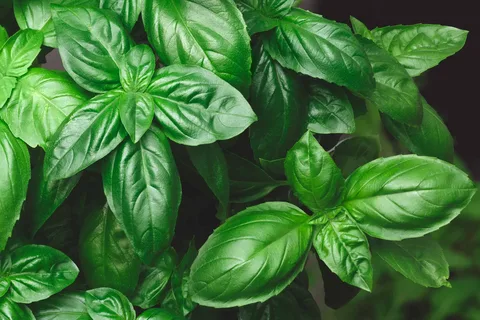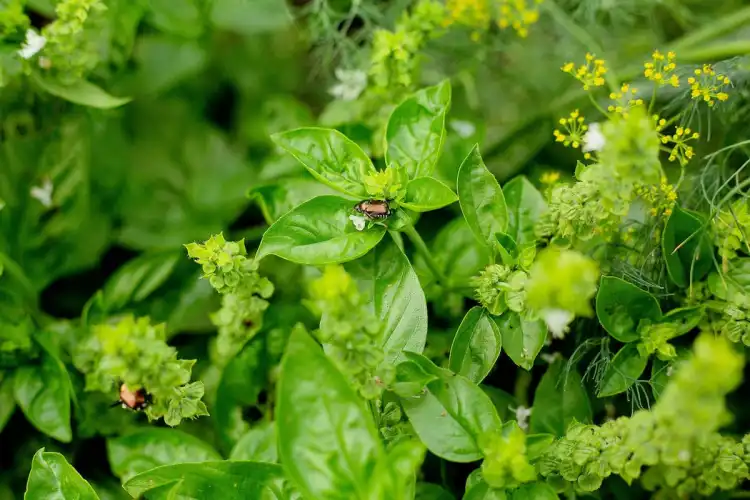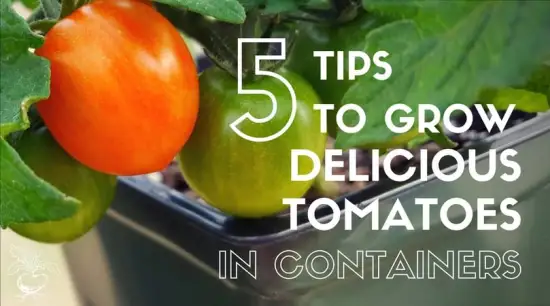Introduction to Companion Planting with Basil
Companion planting is a time-honored gardening technique that involves strategically placing plants together to maximize their growth, health, and productivity. Basil, with its aromatic foliage and culinary versatility, makes an excellent companion plant for a wide range of vegetables, fruits, and herbs. In this expert guide, we’ll explore 18 great companion plants for basil, backed by insights from horticultural experts and academic research.
Understanding Companion Planting
Companion planting is rooted in the principles of biodiversity and ecological balance. By interplanting compatible species, gardeners can deter pests, attract beneficial insects, improve soil health, and enhance overall yields. When it comes to basil, selecting the right companions can help optimize its growth while providing additional benefits to neighboring plants.

The Benefits of Companion Planting with Basil
Integrating basil into your garden’s ecosystem offers a multitude of benefits. Not only does basil repel certain pests like aphids, mosquitoes, and tomato hornworms, but its aromatic foliage also attracts pollinators such as bees and butterflies. Furthermore, the allelopathic compounds released by basil roots can inhibit the growth of weeds and suppress soil-borne pathogens, promoting a healthier growing environment for surrounding plants.
18 Great Companion Plants for Basil
- Tomatoes (Solanum lycopersicum): Basil and tomatoes are classic companions in the garden, with basil helping to repel pests like aphids and hornworms while enhancing the flavor of tomatoes.
- Peppers (Capsicum spp.): Planting basil alongside peppers can deter pests and improve the overall health of both plants.
- Eggplant (Solanum melongena): Basil’s insect-repelling properties make it an ideal companion for eggplants, helping to protect against common pests.
- Beans (Phaseolus spp.): Basil can help improve the flavor of beans while also attracting pollinators to enhance bean production.
- Cucumbers (Cucumis sativus): Planting basil near cucumbers can help deter pests like aphids and cucumber beetles, promoting healthier cucumber plants.
- Lettuce (Lactuca sativa): Basil’s aromatic foliage can help deter pests from lettuce plants, improving overall crop health.
- Spinach (Spinacia oleracea): Interplanting basil with spinach can help repel pests and enhance the flavor of spinach leaves.
- Broccoli (Brassica oleracea var. italica): Basil’s insect-repelling properties make it a valuable companion for broccoli plants, helping to protect against pests like cabbage worms.
- Cabbage (Brassica oleracea var. capitata): Basil can help deter pests from cabbage plants and improve overall crop health.
- Carrots (Daucus carota): Planting basil near carrots can help repel carrot flies and improve the flavor of carrots.
- Radishes (Raphanus sativus): Basil’s insect-repelling properties make it a beneficial companion for radish plants, helping to protect against pests.
- Marigolds (Tagetes spp.): Marigolds and basil make excellent companions, with marigolds helping to repel pests while attracting beneficial insects.
- Nasturtiums (Tropaeolum majus): Nasturtiums can help repel pests and attract pollinators when planted alongside basil.
- Oregano (Origanum vulgare): Basil and oregano are complementary companions, with both herbs enhancing each other’s flavor and deterring pests.
- Thyme (Thymus vulgaris): Planting basil alongside thyme can help deter pests and improve overall plant health.
- Chives (Allium schoenoprasum): Chives and basil make great companions, with chives helping to repel pests while enhancing the flavor of basil.
- Garlic (Allium sativum): Garlic and basil are classic companions in the garden, with garlic helping to repel pests and improve overall plant health.
- Mint (Mentha spp.): Mint and basil can coexist harmoniously, with mint helping to repel pests and enhance the flavor of basil leaves.
Conclusion
Companion planting with basil opens up a world of possibilities for gardeners looking to create thriving, biodiverse ecosystems in their gardens. By strategically pairing basil with compatible companion plants, you can not only enhance the health and productivity of your garden but also foster a more sustainable and resilient growing environment for years to come.
What are companion plants for basil?
Companion plants for basil include tomatoes, peppers, eggplant, beans, cucumbers, lettuce, spinach, broccoli, cabbage, carrots, radishes, marigolds, nasturtiums, oregano, thyme, chives, garlic, and mint.
Why is companion planting beneficial for basil?
Companion planting with basil offers benefits such as pest deterrence, improved flavor, enhanced pollination, weed suppression, and overall garden health.
Can basil be planted with other herbs?
Yes, basil can be planted with other herbs like oregano, thyme, chives, and mint, which can enhance each other’s flavor and repel pests.
Are there any vegetables that thrive when planted alongside basil?
Vegetables that thrive when planted alongside basil include tomatoes, peppers, eggplant, beans, cucumbers, lettuce, spinach, broccoli, cabbage, carrots, and radishes.
How does basil benefit from companion planting?
Basil benefits from companion planting by attracting beneficial insects, repelling pests, improving soil health, and enhancing flavor and aroma.
Which plants should be avoided as companions for basil?
Plants that may inhibit basil growth or compete for resources include other strong aromatic herbs, such as dill and fennel.
What are some common pest problems basil may face, and how do companion plants help?
Common pest problems for basil include aphids, mosquitoes, and tomato hornworms. Companion plants like marigolds and chives can help repel these pests naturally.
Are there any specific planting arrangements or techniques recommended for companion planting with basil?
Intercropping basil with companion plants or planting them in close proximity can maximize the benefits of companion planting, while also conserving garden space.
Can companion planting with basil help improve soil health?
Yes, companion planting with basil can improve soil health by enhancing microbial activity, increasing organic matter, and suppressing weeds.
How do I choose the best companion plants for basil in my garden?
Consider factors such as pest problems, soil conditions, climate, and plant compatibility when selecting companion plants for basil in your garden.
- Tennessee’s THC Beverage Market - June 5, 2025
- Top THC Infused Seltzers in Delaware - June 5, 2025
- Florida’s Hottest THC Infused Beverages - May 28, 2025




